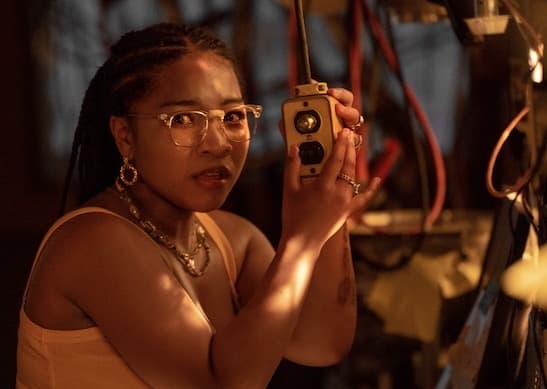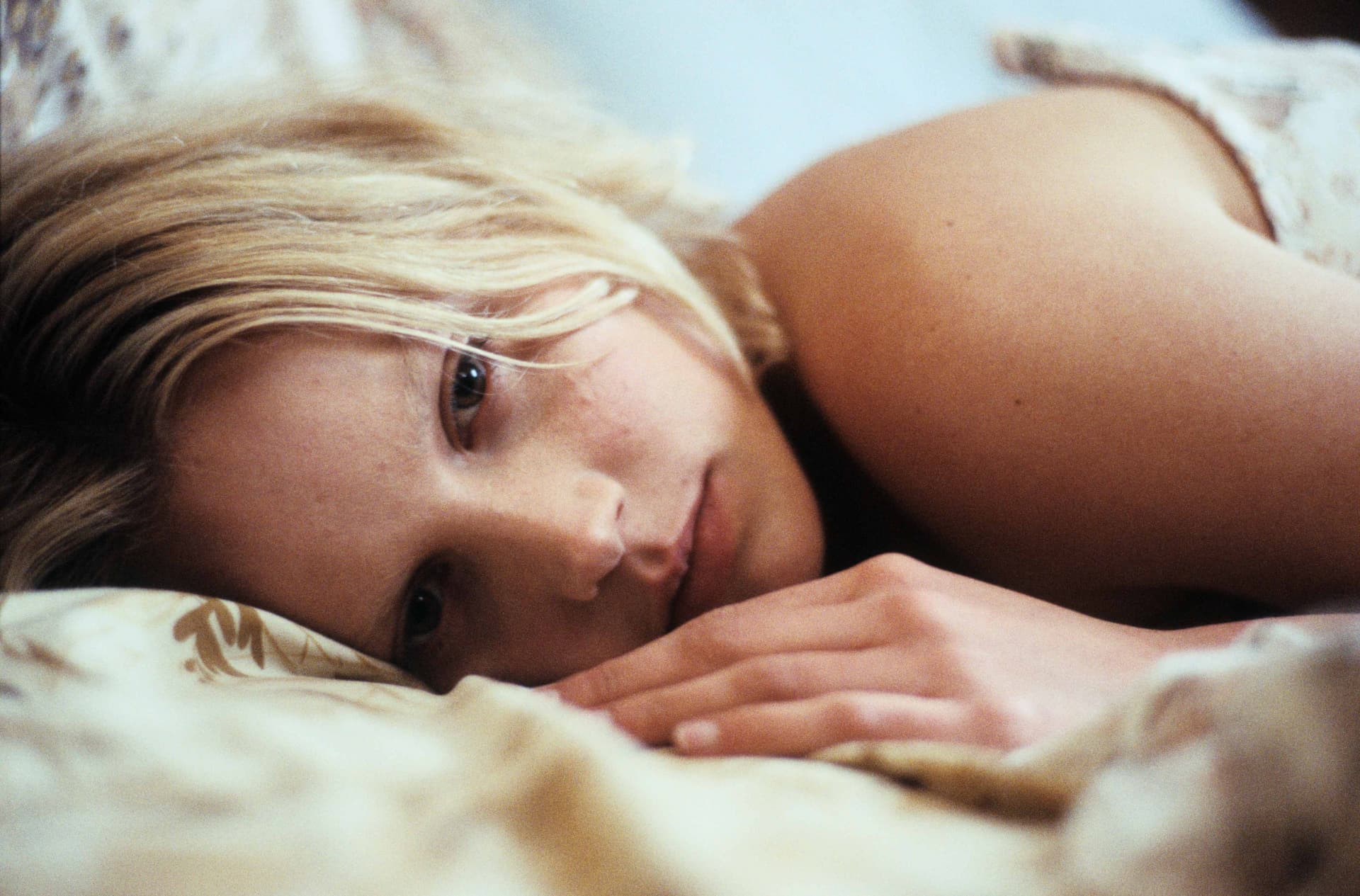
Could the Supreme Court’s Tariff Decision Be Applied to the Fed?
By THE NEW YORK SUN
|‘The Angry Black Girl and Her Monster’ begins as a novelty with a chip on its shoulder, dips its toe into comedy, and then gains steam as an out-and-out horror film.


By THE NEW YORK SUN
|
By GEORGE WILLIS
|
By CARL ROLLYSON
|
By MARIO NAVES
|
By LUKE FUNK
|
By BRADLEY CORTRIGHT
|
By LUKE FUNK
|
By TOM TEODORCZUK
|Already have a subscription? Sign in to continue reading
$0.01/day for 60 days
Cancel anytime
By continuing you agree to our Privacy Policy and Terms of Service.